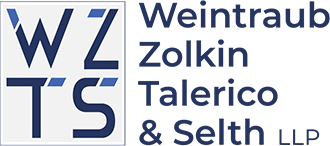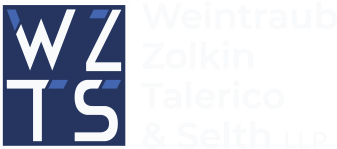Your small business is going through a difficult time. You may have creditors pressuring you for payments, or you are struggling with inventory problems, or you may owe back taxes. Perhaps you are feeling the pain of all three.
Just as with personal finances, when a business owner is in a tight spot and needs an inflection of cash to stay afloat, it’s common to panic and make poor decisions. What seems like a life preserver can actually complicate finances further and accelerate a company’s death.
What is a merchant cash advance?
A merchant cash advance (MCA) is a financial rescue plan that can create more trouble than it’s worth. This is not a loan. Instead, a small business hands over a percentage of its future credit card sales in exchange for immediate capital. That capital comes at a high rate – much higher than a small business loan. MCAs often are targeted at business owners who do not have strong enough credit to secure a small business loan.
A company that signs up for an MCA agrees to provide a percentage of its daily credit card receipts to the cash advance provider. That payment is called the “holdback,” and it continues until the loan is repaid. Holdback rates typically range from 10 to 20 percent, although it can be higher. A company that uses an MCA may pay back 40 percent or more over the cash advance total.
An online business loan will almost always have a lower annual percentage rate than an MCA. If a loan isn’t available, it is worth reviewing your options with a knowledgeable bankruptcy and debt restructuring attorney.

